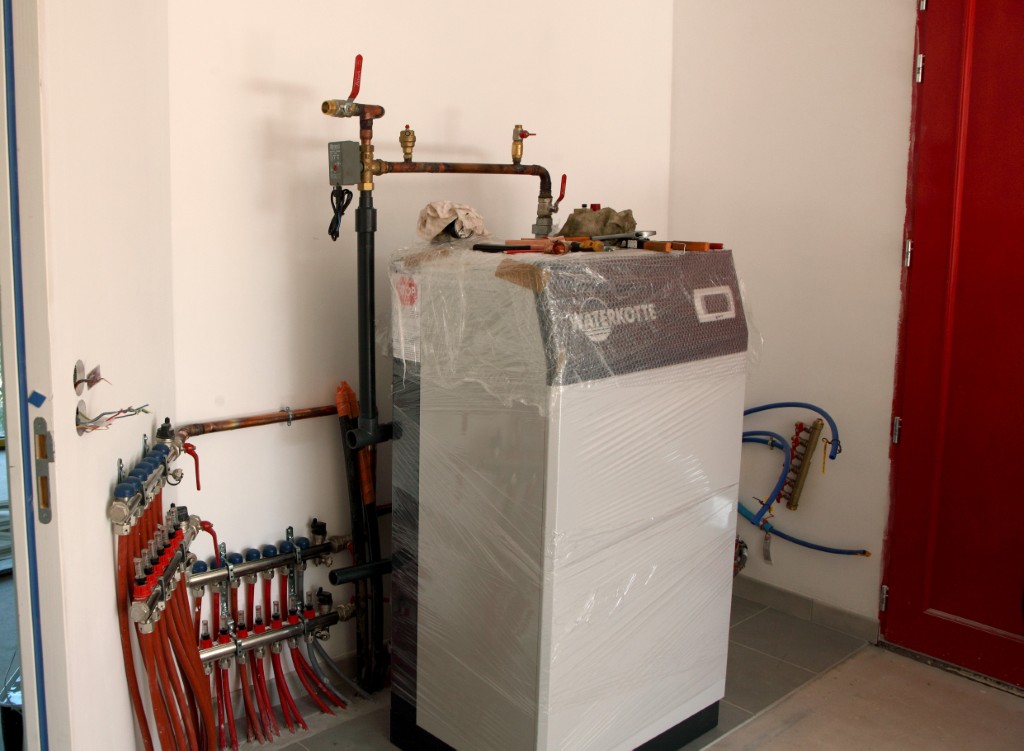The SPD and the Greens are pushing ahead with the planned law on municipal heat planning. According to Klara Geywitz (SPD) from the Federal Ministry of Building, the federal government has agreed in principle on a draft law. A ministry spokeswoman said that the bill would now “go to the Länder and associations for consultation”. The coalition partner FDP, however, questioned such an agreement and criticised the project. (Tagesschau: 31.05.23).
FDP MP criticises planned law as unworkable and bureaucracy monster
“I honestly think this is a false report. I am not aware of it,” said FDP MP Frank Schäffler to Welt TV on Wednesday. In terms of content, he sharply criticised the planned law, saying it was “unworkable” and “a bureaucracy monster”.
The spokeswoman of the Ministry of Construction had previously announced that the “dispatch objection” had been lifted within the federal government and that further consultations could take place. Schäffler, on the other hand, stressed that there was no cabinet decision yet. “That means we are still at the very beginning.”

Municipal heat planning closely linked to controversial Building Energy Act (GEG)
The plans for municipal heat planning are closely linked to the controversial Building Energy Act (GEG). Geywitz and Federal Minister of Economics Robert Habeck (Greens) are aiming to collect numerous data on the energy consumption of individual buildings in municipalities in order to be able to build a climate-neutral heat supply on this basis. Large cities are to submit municipal heating plans by the end of 2026, smaller cities and districts by the end of 2028.
SPD Member of Parliament Bernhard Daldrup insisted on a speedy conclusion of the legislative process. “We must not lose any time when it comes to heat planning,” he explained. “People need planning security for their heating replacement and heat supply.” The law should come into force together with the GEG in 2024.
The Chief Executive of the German Association of Cities, Helmut Dedy, praised the dovetailing of the GEG and municipal heating planning. It is important that the deadlines in the two laws are well coordinated: “First the communal heat planning, then the owners’ decision on which heating technology to choose – that is the right order,” Dedy told the Funke-Mediengruppe. At the same time, he urged that not only the individual installation of heat pumps be promoted, but also the expansion of municipal heating networks.
The German Association of Towns and Municipalities, however, criticised the plan. “Municipal concerns must be given greater consideration in the legislative process,” said Gerd Landsberg, the association’s managing director, to the newspaper “Bild”. The municipalities also need more time for implementation.
Meanwhile, the federal government’s data protection commissioner is making progress on data protection: “We see that our previous advice has been taken up,” Ulrich Kelber told the Funke-Zeitung. In talks, he said, he had shown how heat energy networks could be optimised in line with data protection. A “building-specific” registration may only be carried out for multi-family houses and the registration of a street section may only be carried out for two or more single-family houses. Then individual households would not be identifiable.
AFP
